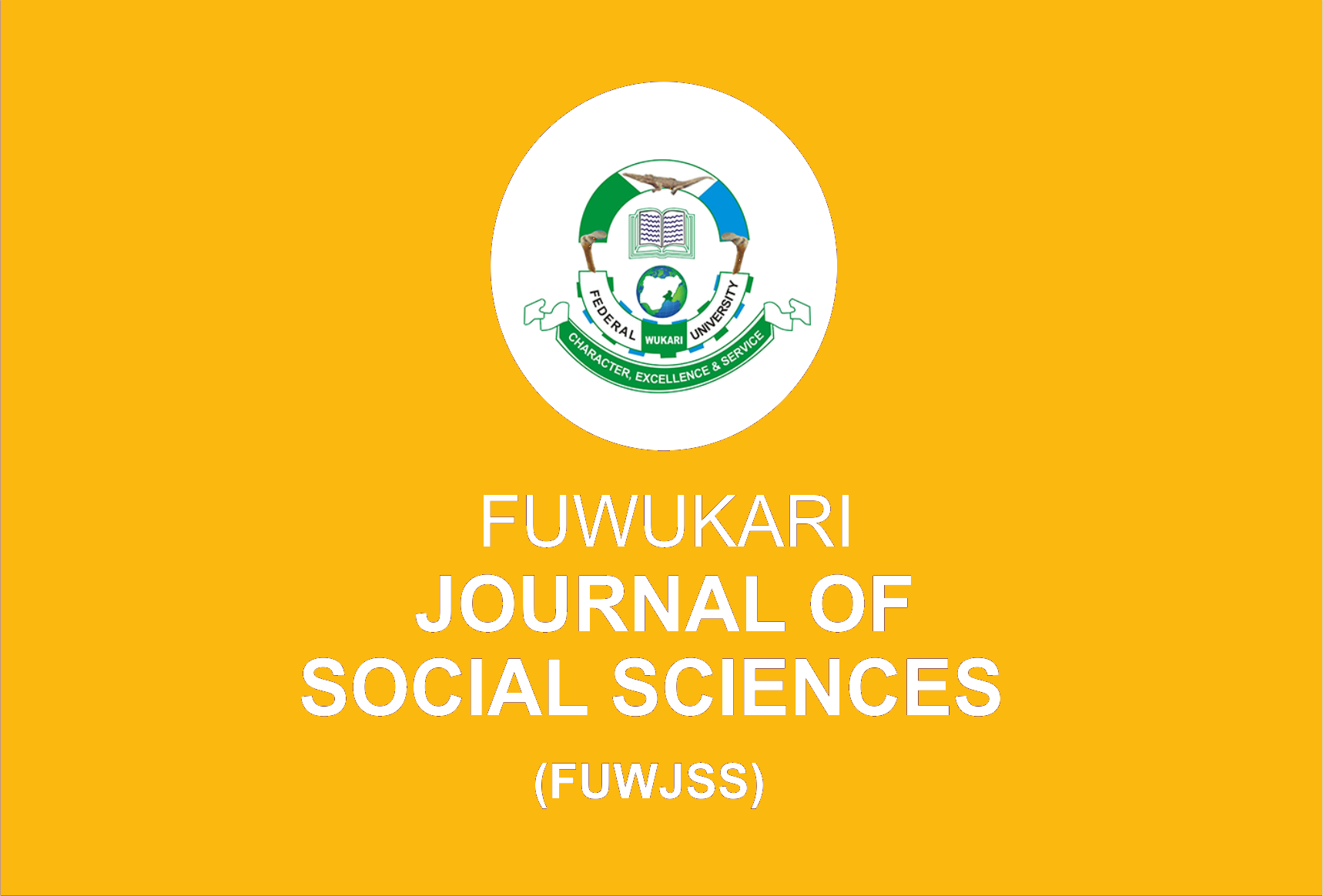Appropriateness Of Wukari Environmental Sanitation Executive Order No.1 2023 In Ensuring Environmental Sustainability In Taraba State, Nigeria
ThankGod Okeokwo, Samson Atari Namo, Cecelia Geoffrey, Valentine Ephraim Douglas
Keywords: Environment, sanitation, sustainable, Wukari, Executive-Order.
Abstract
Environmental sustainability is anchored on the knowledge and recognition that the natural environment is first a gift from the creator entrusted to the present generation to care for it so as not to jeopardize the ability of future human generations to also appropriate the natural environment for their own development. Thus, environmental sustainability advocates for the developmental needs of the present generation while maintaining the usability of environmental resources for future generations. This paper examines the suitability of the Wukari Environmental Sanitation Executive Order No.1 2023 in achieving sustainable environment in Taraba State, Nigeria. The paper adopts the doctrinal method of data collection which involves the sourcing of materials from environmental laws and regulations as well as international instruments on sustainable environment. Findings established that the Wukari Environmental Sanitation Executive Order lacks appropriate environmental sanitation concepts like polluter-pays and buy-back principles which deter source points and encourage end-users participation. The paper concludes that the Wukari Environmental Sanitation Executive Order No.1 2023 being the first of its kind since the inception of the local government is not adequate to provide for environmental sustainability in Taraba State in its present form. Consequently, the paper recommends that a Bye-Law should be enacted by the Legislative Arm of the Wukari Local Government Council which specifies guidelines for the operations of the Wukari Environmental Sanitation and Waste Management Committee.
Author Biography
ThankGod Okeokwo
Faculty of Law, Federal University Wukari, Taraba State, Nigeria
[email protected]; [email protected]
Samson Atari Namo
Faculty of Law, Federal University Wukari, Taraba State, Nigeria
Cecelia Geoffrey
Department of History and Diplomatic Studies, Federal University Wukari, Taraba State, Nigeria
Valentine Ephraim Douglas
Department of Agricultural Economics and Extension, Federal University Wukari, Taraba State, Nigeria

